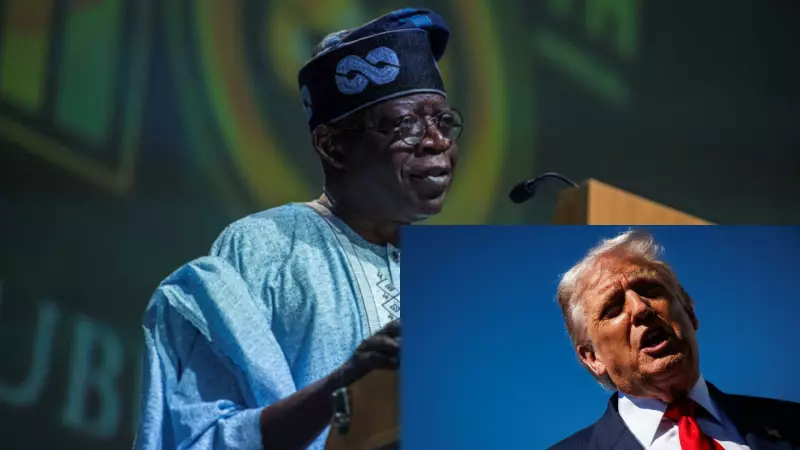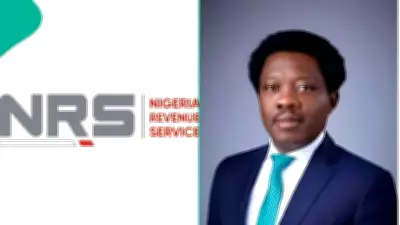
Recent remarks by former United States President Donald Trump have sent shockwaves through Nigeria's political and diplomatic circles, raising serious questions about national sovereignty and religious freedom.
The Controversial Comments
During a widely publicized interview, Trump issued what many are calling a "veiled threat" towards Nigeria, suggesting potential intervention in the country's internal affairs. The comments have been interpreted as crossing diplomatic boundaries and challenging Nigeria's right to self-determination.
Religious Freedom Concerns
Particularly alarming to Nigerian observers was Trump's focus on religious matters within the country. His statements have sparked concerns that external forces might seek to influence Nigeria's delicate religious balance, potentially undermining the nation's longstanding tradition of interfaith coexistence.
Government and Public Reaction
The Nigerian government has been carefully monitoring the situation, with diplomatic experts analyzing the potential implications for US-Nigeria relations. Meanwhile, social media platforms and public forums across Nigeria are buzzing with discussions about the appropriate response to what many perceive as foreign interference.
Historical Context
This isn't the first time Trump's comments about African nations have generated controversy. However, the specific nature of his latest statements regarding Nigeria has raised particular concerns among policy analysts and international relations experts.
Looking Forward
As the situation develops, many Nigerians are calling for measured but firm responses that protect the nation's sovereignty while maintaining important international relationships. The incident has sparked broader conversations about Nigeria's position in global politics and how the nation navigates complex diplomatic waters.





